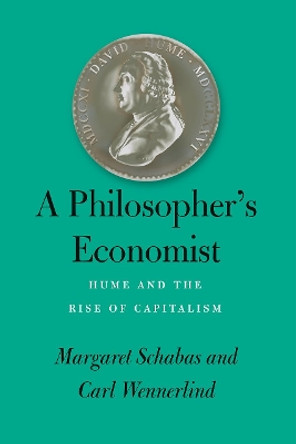References to the economy are ubiquitous in modern life, and virtually every facet of human activity has capitulated to market mechanisms. In the early modern period, however, there was no common perception of the economy, and discourses on money, trade, and commerce treated economic phenomena as properties of physical nature. Only in the early nineteenth century did economists begin to posit and identify the economy as a distinct object, divorcing it from natural processes and attaching it exclusively to human laws and agency. In "The Natural Origins of Economics", Margaret Schabas traces the emergence and transformation of economics in the eighteenth and nineteenth centuries from a natural to a social science. Focusing on the works of several prominent economists - David Hume, Adam Smith, Thomas Malthus, David Ricardo, and John Stuart Mill - Schabas examines their conceptual debt to natural science and thus locates the evolution of economic ideas within the history of science. An ambitious study, "The Natural Origins of Economics" will be of interest to economists, historians, and philosophers alike.
About the AuthorMargaret Schabas is professor in and head of the Department of Philosophy at the University of British Columbia.
Reviews"Margaret Schabas's fascinating book... charts the progress of this transformation, beginning not with Bacon and Descartes but with the origins of formal economics in the moral philosophy of the French Enlightenment.... A wide-ranging and challenging book that can be read profitably both by economists and a wider spectrum of readers interested in the history of science." - Times Literary Supplement"
Book InformationISBN 9780226735702
Author Margaret SchabasFormat Paperback
Page Count 244
Imprint University of Chicago PressPublisher The University of Chicago Press
Weight(grams) 369g
Dimensions(mm) 23mm * 16mm * 1mm








